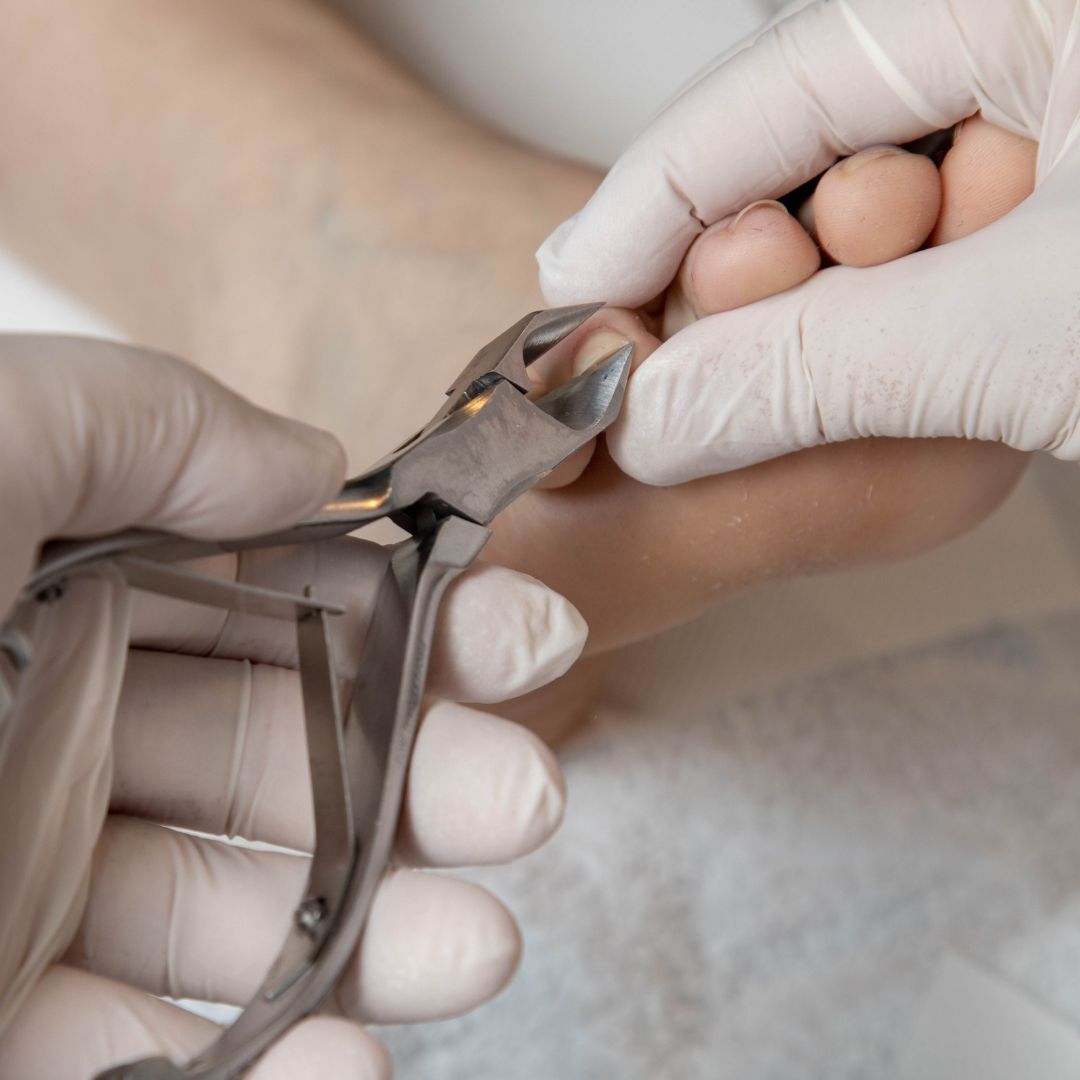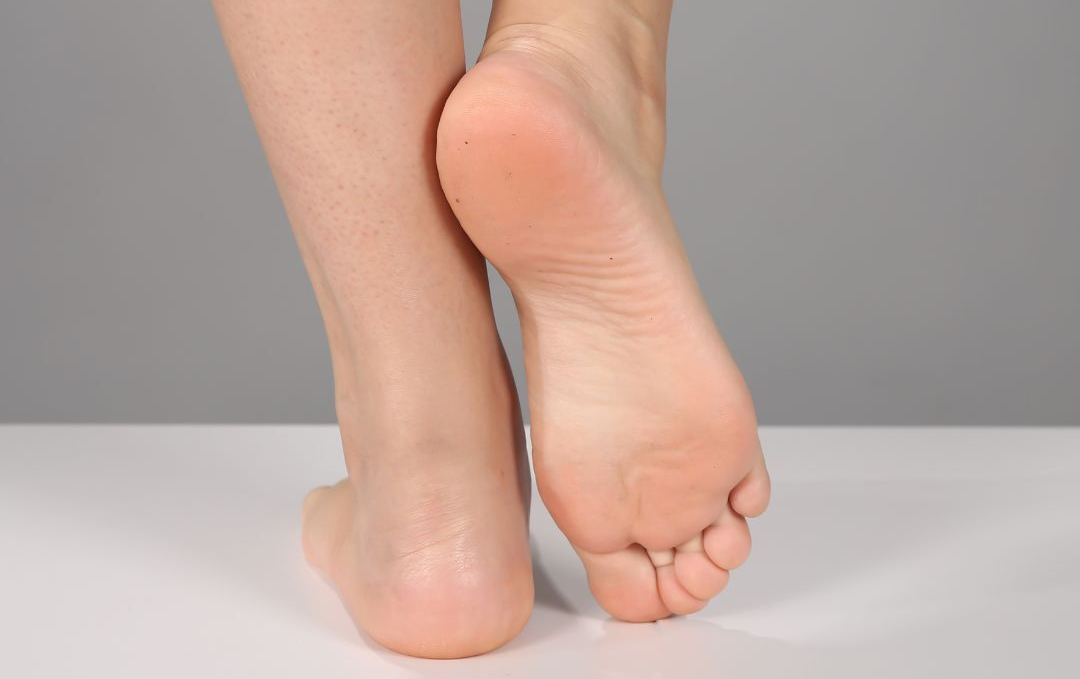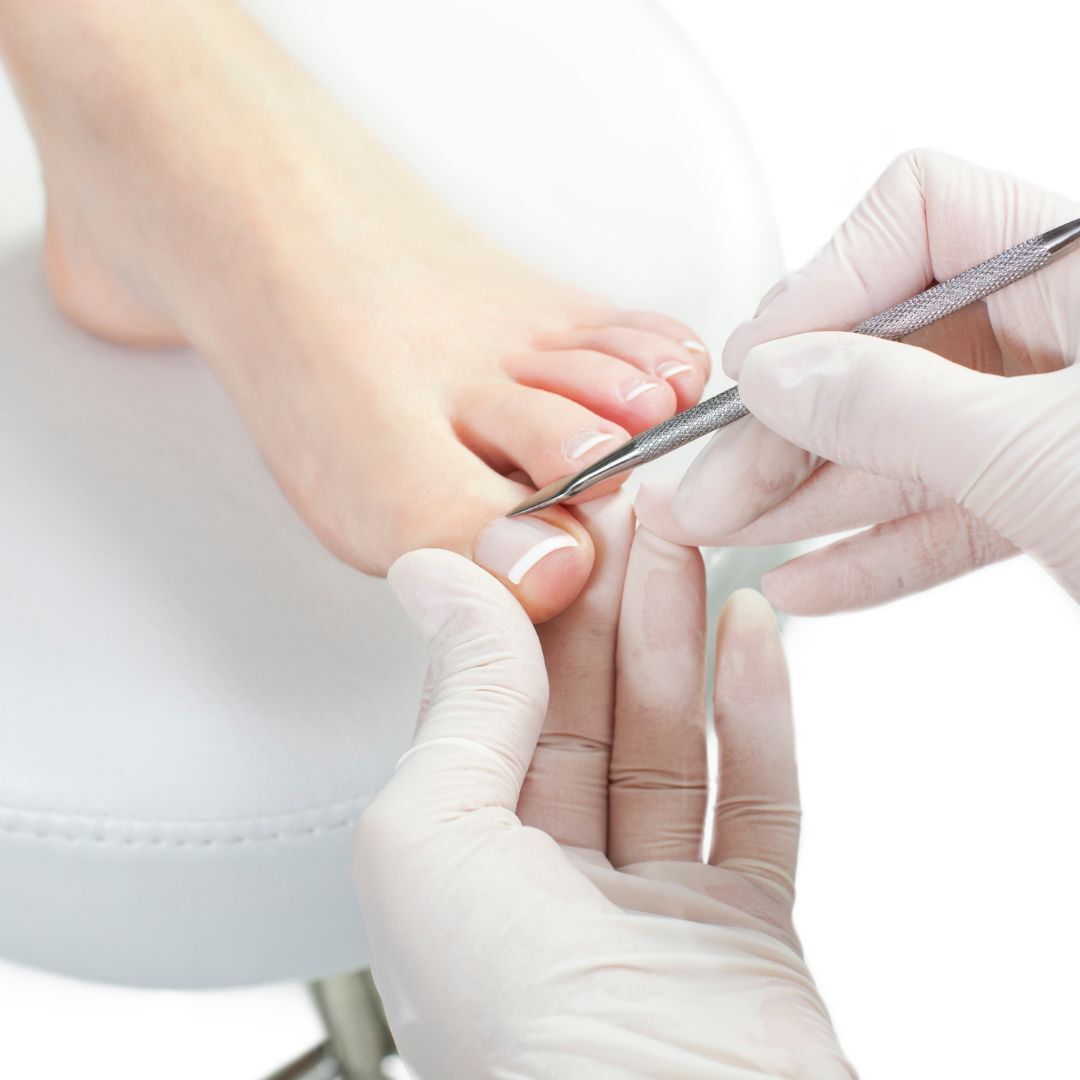Podiatry | pedicure
Feet carry us miles through life!
Our feet keep us on our feet, carry us from A to B, about 3 times in the course of our lives
Around the world, athletes can become millionaires by putting their feet to the max. A foot consists of 114 ligaments, 26 bones, 20 muscles, an incredibly durable skin and, above all, countless nerve cells - sensors that make the foot the most important helper for our mobility: it is truly a "marvel of biotechnology". Healthy feet are a gift that we should cherish and keep functioning throughout our lives. However, what if they stop working?
Podiatry then medical foot care, podiatry, is in demand; it is the non-medical treatment of the foot, i.e. the specialist discipline for the medically indicated treatment of all foot problems. The medical indication results, for example, from internal medicine, dermatology, surgery or orthopedics. Doctors usually prescribe a so-called podological complex treatment; this describes the comprehensive preventive, rehabilitative and therapeutic treatment of the feet, which goes far beyond cosmetic measures and is also recognized accordingly by the health insurance companies. Training to become a podiatrist | to become a podiatrist is regulated in the EU, i.e. also in Germany, and can be completed with a state examination.










